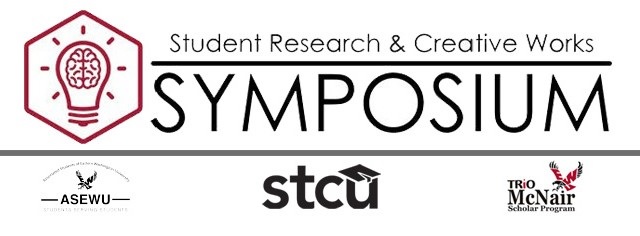Faculty Mentor
Dr. Galina V. Sinekopova
Document Type
Poster
Publication Date
Spring 2020
Department
Communication Studies
Abstract
The growing prevalence of social media platforms is a global phenomenon that correlates to an increase in psychological problems such as depression, loneliness, and anxiety. Although populations are aware of these adverse consequences, there is no slowing or stopping social media use. These trends showcase a demand for practices that can promote positivity for online users. A significant positive trait known to increase well-being is gratitude. So, what are the ways online gratitude communication can protect users from negative consequences and, better yet, improve their well-being?
Furthermore, can gratitude communication be used effectively online to reduce stress during high anxiety times like the COVID-19 pandemic? This pilot study investigates these questions using an online survey and previously established measures such as Gratitude Questionnaire (GQ-6) and Satisfaction with Life Scale (SWLS). After conducting a correlation analysis between GQ-6 and SWLS, the data supports that of past research; gratitude positively correlates with subjective well-being. Additionally, people are spending more time on social media since COVID-19, and those who have expressed gratitude online, whether it be to a parent, friend, or professional, scored higher on both the gratitude and well-being scale. These results showcase how powerful gratitude communication can be, especially during a pandemic.
Recommended Citation
Moore, Aubrey, "Connections between online gratitude communication and well-being during COVID-19" (2020). 2020 Symposium Posters. 37.
https://dc.ewu.edu/srcw_2020_posters/37
Creative Commons License

This work is licensed under a Creative Commons Attribution-NonCommercial-No Derivative Works 4.0 International License.


